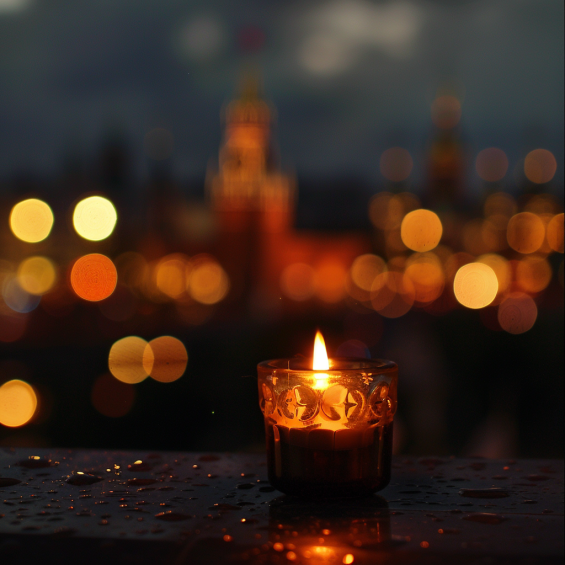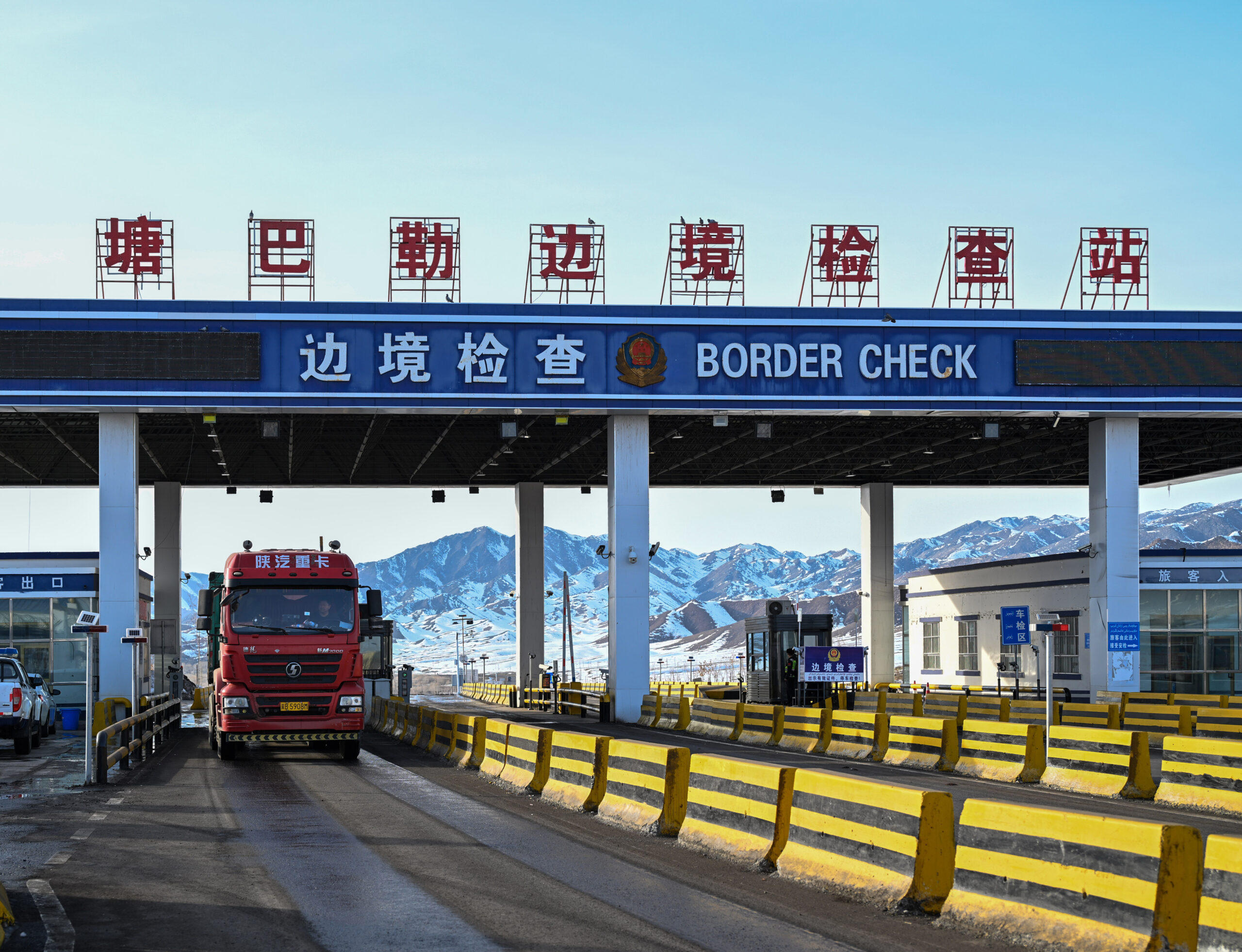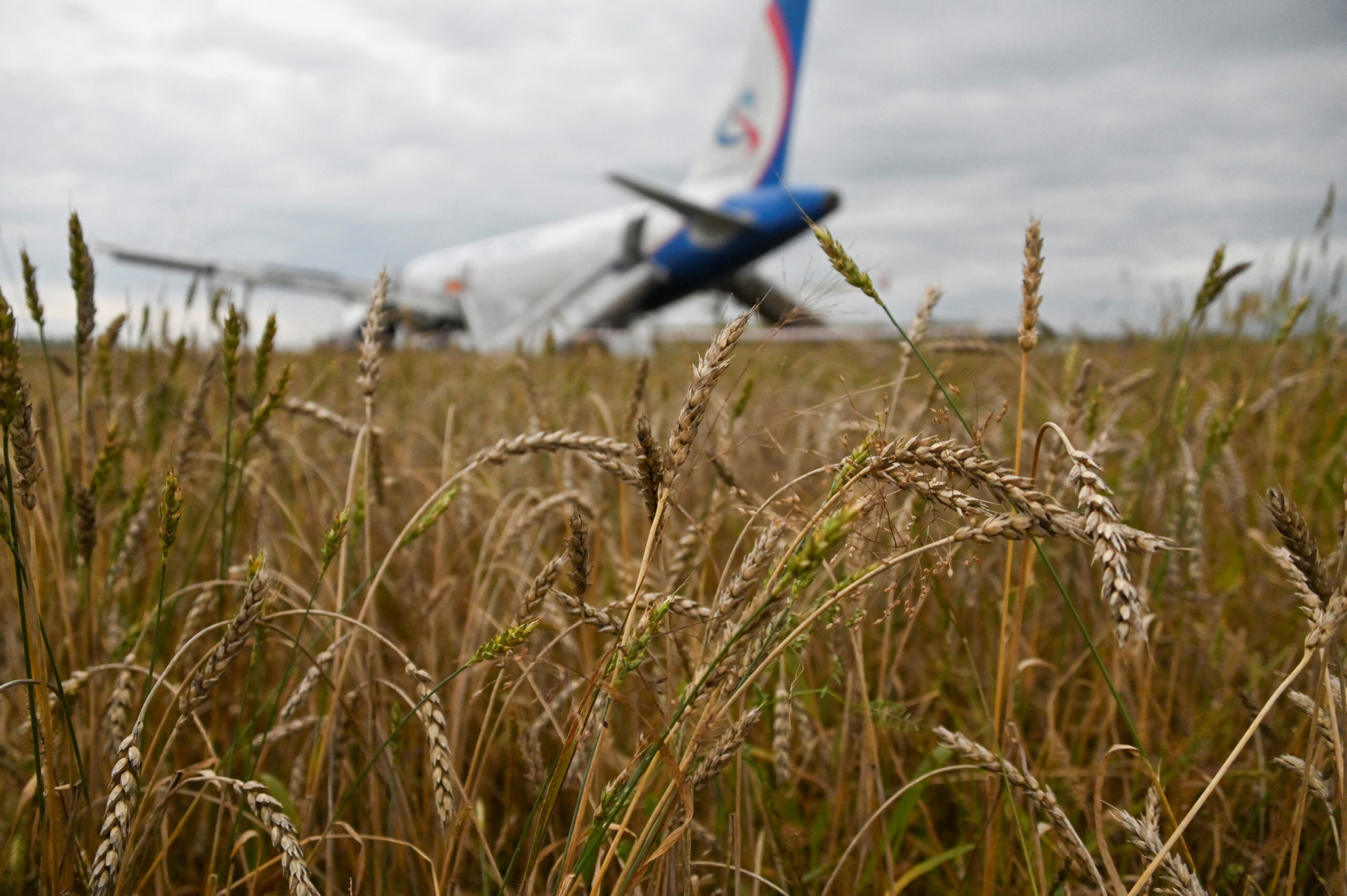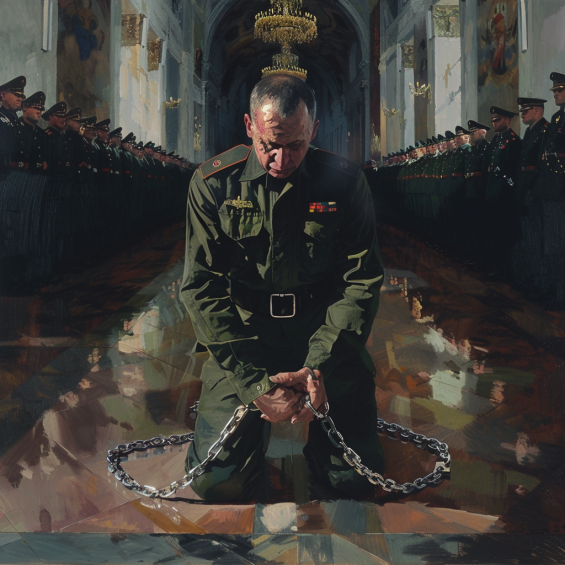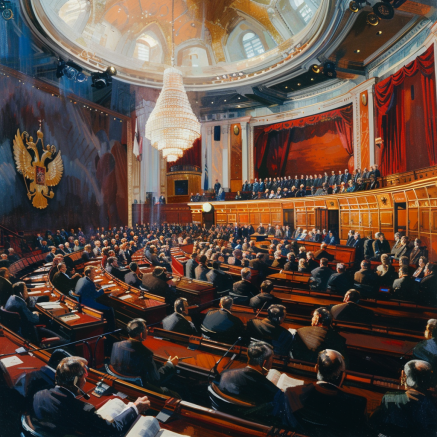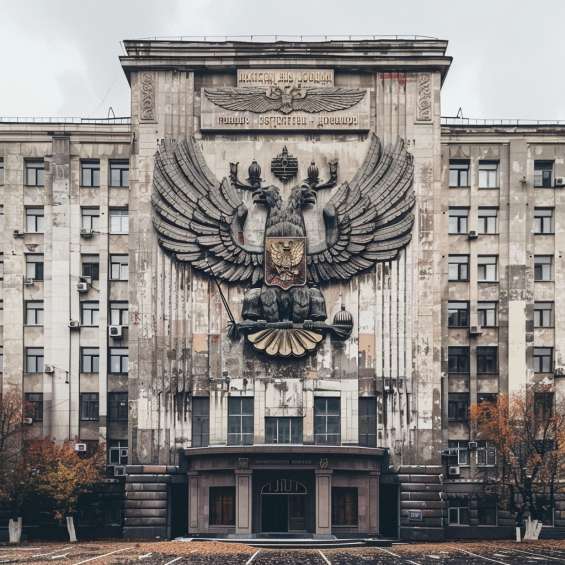The terrorist attack at the Crocus concert hall was the largest terrorist attack on Russia since the terrorist attack in Beslan in 2004. According to official data, 150 people became victims of the attackers but this tragic number is likely to grow. ISIS claimed responsibility for the terrorist attack and the detained terrorists say that they communicated with an «assistant of an Islamic preacher». At the same time Russian authorities constantly mention a possible Ukrainian trace — the attackers tried to flee towards Ukraine and allegedly had «contacts» there. At the same time, Kremlin does not directly blame Ukrainian authorities preserving for itself the possibility of maneuver.
Putin and his circle are now standing at the crossroads. Blaming Ukraine for a terrorist attack gives a free hand for decisive and previously unpopular actions — primarily mobilization. So far, a significant part of Russian society is in shock and is ready to admit a variety of versions of what is happening. The «Ukrainian» version may turn out to be acceptable for them especially against the backdrop of the actions of the RDC which carries out regular raids on the territory of the Belgorod region. Revenge for the dead and even personal participation in mobilization for some men may also be an acceptable step. Kremlin is capable of harnessing this negative energy, and the most active supporters of war within the power vertical are pushing it to do so. The feeling of revenge allows Russian leadership to cut the Gordian knot of military problems — for example, to announce a previously extremely unpopular new wave of mobilization, which is needed for the offensive of the Russian army in Ukraine. But if ISIS continues to operate, Russian public will quickly realize that it has been misled. Russians already feel in danger, and this feeling can only get stronger. In this case, the aspirations of Putin, who really wants to win the war, and the desires of society will go in different directions, and the mobilization, if it happens, will definitely be remembered with much disdain. Most likely, the leadership of the security forces understand these risks and is currently restraining the president from making risky decisions.
Vote and punishment
For Russia’s political system, the presidential record of 87.3 per cent approval with 77.5 per cent turnout means much more than for Putin personally. Regional heads who «lagged behind» in terms of delivering required turnout and percentage in favour of Putin in their regions are expected to step down. The mayor of Vologda, Sergei Voropanov, who is very popular in his city and a well-known politician even beyond its borders, had to resign. Voropanov managed to make a name for himself all over Russia with his popular Tik Tok account, but this publicity did not save him from losing his job. By the earlier standards, Putin’s result in Vologda was quite acceptable: a solid 72%. But according to the new rules, the head of the municipality that showed such relatively low percentages in support of the incumbent, deserved to be punished, not rewarded. Voropanov’s fate is an example for other officials who are told not to take the KPIs that the Kremlin sets for them lightly, as these performance targets are definitely going to be raised even higher in the future. Previous records will have to be beaten, however unattainable they may seem now. Officials who have been unable or unwilling to produce «decent» percentages of support for Putin in their regions, comparable to the record percentages of votes Putin has traditionally received in Chechnya or Kemerovo, will have to shape up or ship out and lose their place in the system. It is likely that the most sensible professionals, who respect their work in the field of political technology, however specific their vocation, will leave the system themselves. In the new reality, the rigging and forging of the voting protocols will carry more weight than than the well-honed technologies of corporate and budgetary mobilisation (which is also part of the political technologist’s job description). Professionals are not needed to produce beautiful figures that have no relation to reality.
The local cadres tasked with executing the Kremlin’s will locally have already learned how to set new records. Vladislav Pinaev, the mayor of Nizhny Tagil, threatened to find and punish those public sector employees who did not show up to vote. According to Pinaev, all the people who receive their salaries from the state are «one team» and it is wrong to «sit back while everyone else is working hard.» Other municipal officials made similar statements on their messenger channels, but then decided to quickly delete them. Pinaev openly said what the system has not yet dared to say publicly: voting is becoming one of the responsibilities of the inhabitants of the Russian corporate state. It is not a voluntary expression of will, but a levy, a kind of tax that the state imposes on its subjects, demanding from them loyalty and time.
In the event of a crisis, however, the bureaucrats who produce the figures and punish the dependent electorate will not help the Kremlin; on the contrary, records that have nothing to do with the real sentiment on the ground will become an additional risk factor. Strategically, however, the Kremlin will make full use of Putin’s records and the various instruments it has at its disposal. Local authorities have already begun to muffle (read: supress) systemic opposition in their regions.
«Despite all the differences of opinion, today all parties must unite to achieve common goals in the development of our country. I think that the MPs who represent different parties here will take these words to heart, because we are all the president’s team, and we must work together,» Tyumen Governor Alexander Moore told regional MPs.
The so-called federal «system» opposition has also understood the message well and endorsed the trend. At a meeting with Putin, former presidential hopefuls who had just «run against» Putin, praised his policies and pledged their support for the war, as did the leaders of the Duma factions (who are also party leaders).
Putin and the 99 per cent
According to the official data released by the Central Election Commission, Vladimir Putin won 87.3 per cent of the vote, with a turnout of 77.4 per cent. These figures were higher than the initial targets set by the presidential administration’s political bloc (over 80 per cent for Putin with a 70 per cent turnout). The election results did not match the forecast of the pro-Kremlin polling insitution VTsIOM, which was almost identical to the benchmarks set by the presidential administration.
The mathematical analysis of the results shows that tens of millions of votes may have been rigged in favour of the incumbent. But Putin is clearly satisfied with the results and seems to regard them as very close to reality. The political bloc of the presidential administration organised an electoral spectacle for him, with voting «labor collectives» who were not shy about being photographed at polling stations. Even the queues of those who showed up at the polling stations at midday on Sunday (in line with the late Navalny’s idea of «at noon against Putin» protest) were interpreted by propaganda as a sign of support for the government, and Putin himself thanked the opposition for their turnout. Thanks to the corporate and administrative mobilisation organised by Sergei Kiriyenko’s political bloc (or, to put it simply, a system of coercion of the electorate dependent on the government for their salaries), many Russians did indeed go to the ballot box.
One could be forgiven for thinking that, having achieved record results, Putin will dare to do things he has not previously dared to do. But the official results of the vote do little to change Putin’s view of the world and his understanding of his place in Russian history. However, Putin has long spoken on behalf of the whole country and sees himself as the spokesman for the will of the masses. He is dead serious when he argues that «99.9 per cent of citizens are ready to sacrifice everything in the interests of the motherland.» According to Putin, the war is supported by the «absolute majority» of Russians. The president is confident that this «absolute majority» will support any action he takes. Shortly before the election, he announced unpopular measures such as tax increases, although previously unpopular decisions (such as pension reform) used to be officially adopted after the vote. During the campaign, the authorities continued their repressions, with security forces arresting key officials, including those responsible for mobilising the voters for the elections. At the height of the campaign, the state moved to nationalize large companies. Six years ago, none of this would have happened — the system would not have taken such risks. Now the president’s self-confidence eclipses all the risks.
Elections have become a ritual (albeit an important one) prescribed by law, much like the president’s address to the Federal Assembly. Putin does not expect MPs, senators and governors to criticise or even discuss the results of his work and plans. He has no doubt that they will once again swear an oath of allegiance to him and speak in his favour. Citizens must also go to the polls and vote for him; Putin expects nothing less than total support: after all, the proverbial «99.9% of citizens» cannot do otherwise.
This does not mean that the system will not tighten the screws in the future, that a new mobilisation will not be announced and that the nationalisation or redistribution of big business will not gain momentum. The persecution of dissidents will continue, and a new wave of conscription to the front will be announced if Putin wants to build on the Russian army’s offensive and try to seize new chunks of Ukrainian territory. But it will have nothing to do with electoral records and the president’s sky-high percentages: the Russian government will do what it has long planned or thought possible. The electoral ritual, which massaged Putin’s ego, does not affect his decisions-making process: these decisions have either already been made or will be made on the basis of a long-formed opinion.
